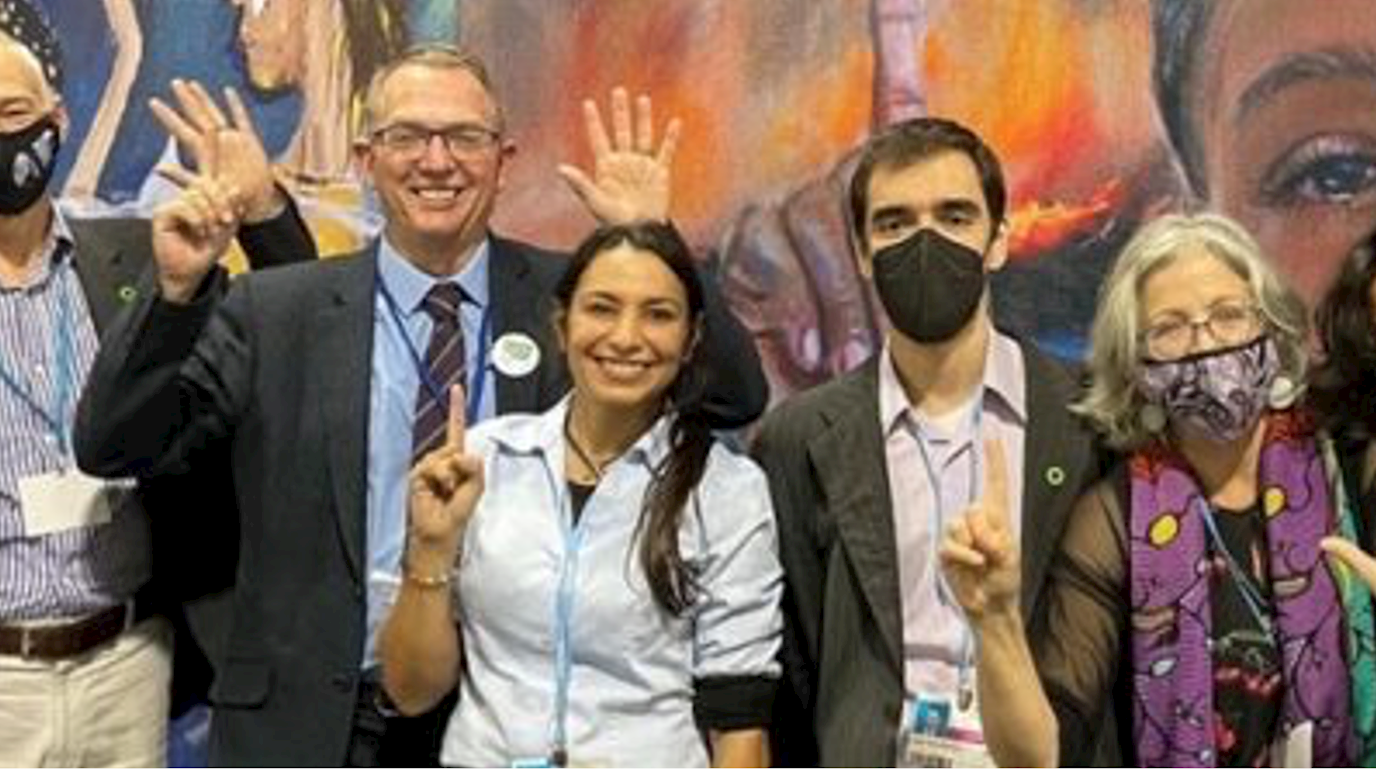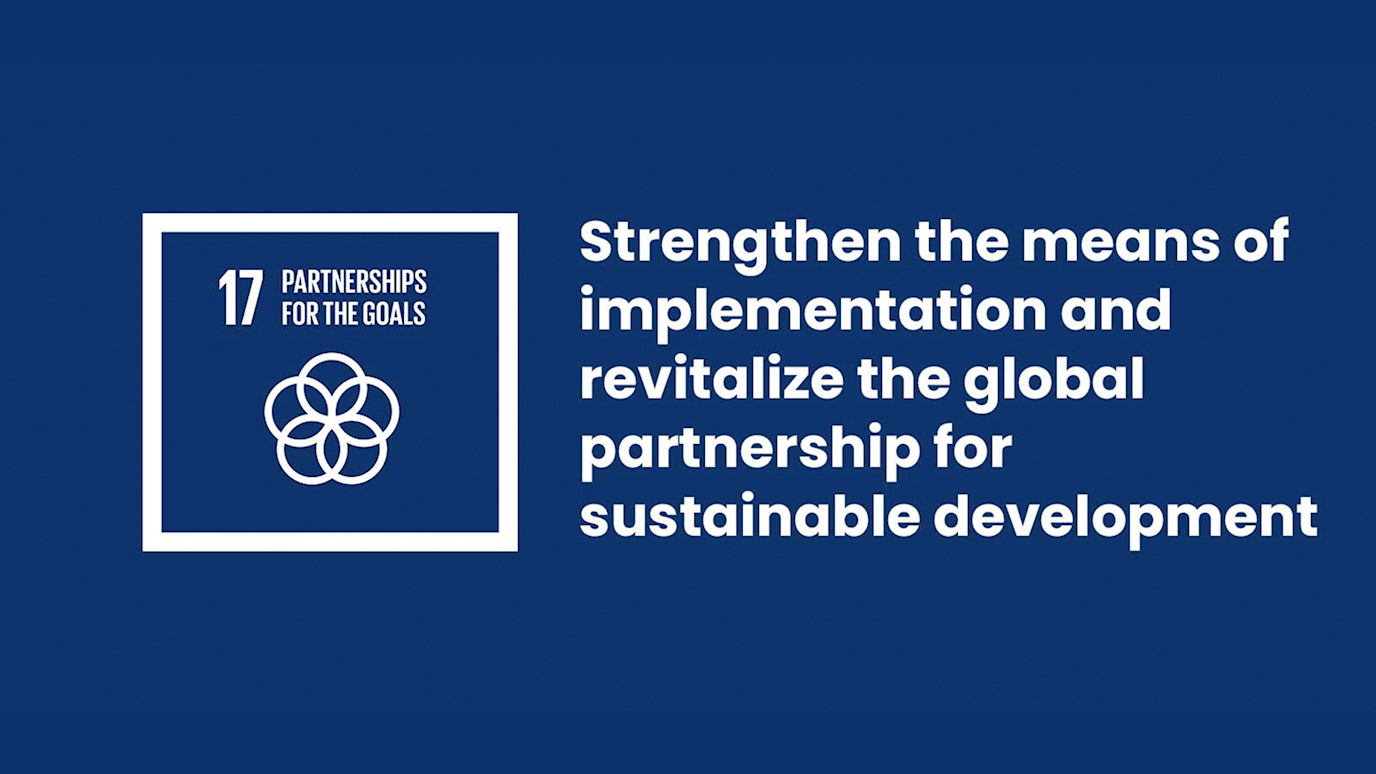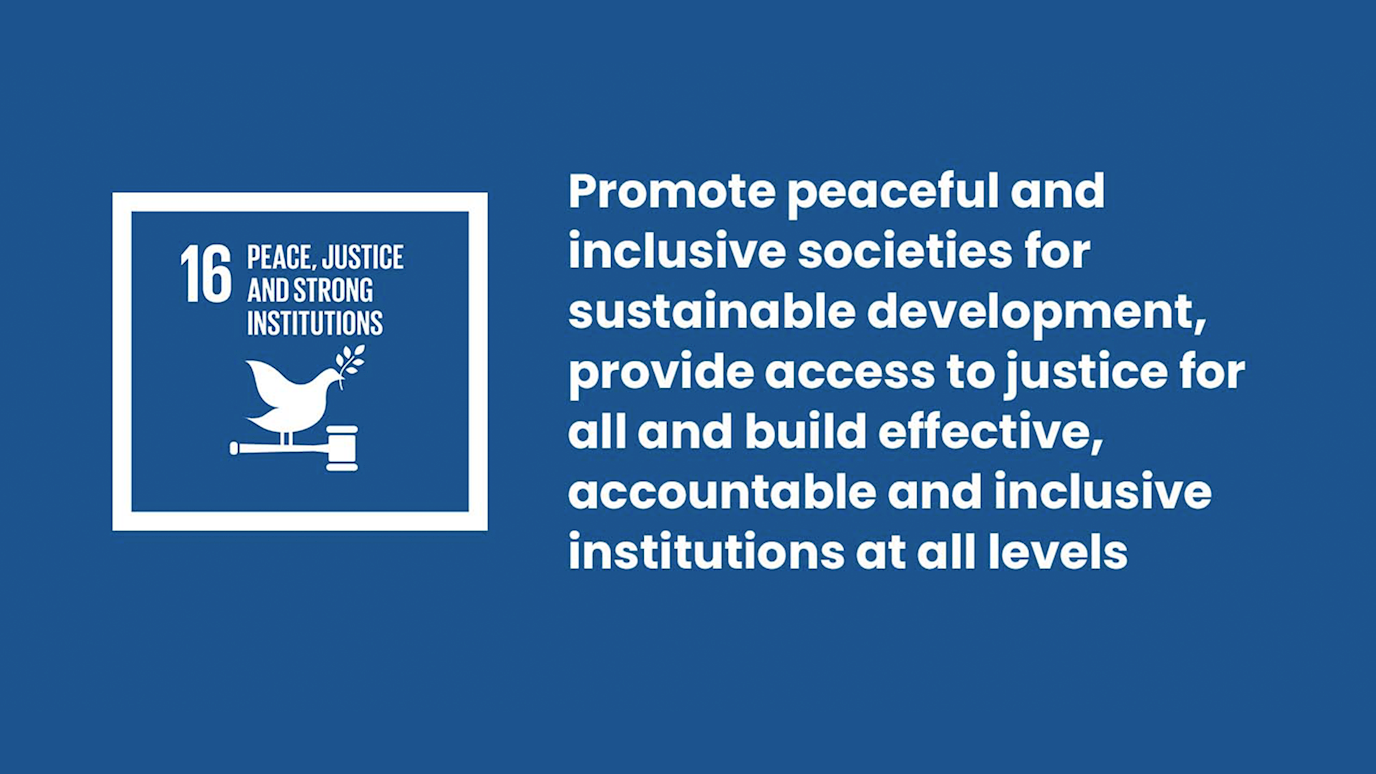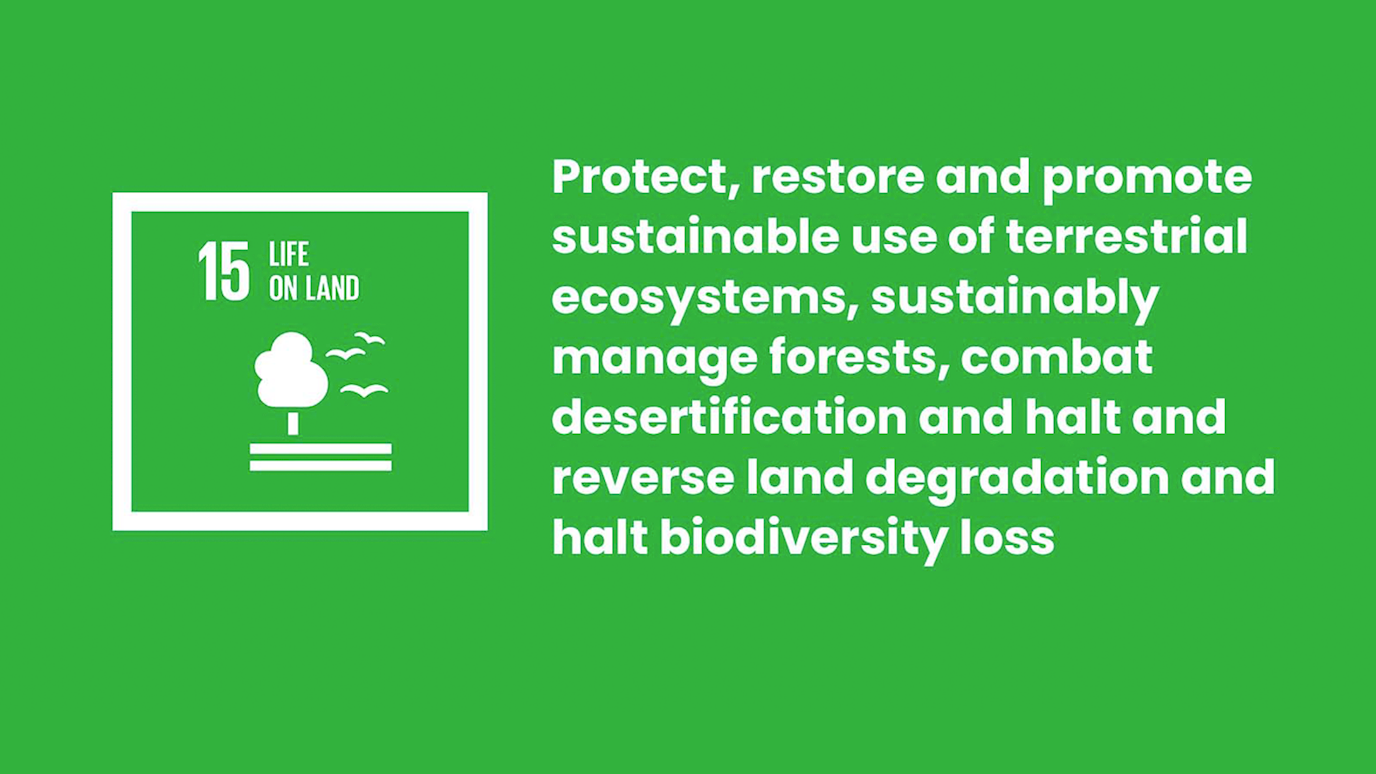David Simon shares what he learned as a Royal Holloway official observer during the two days that he attended the Glasgow COP26 talks.
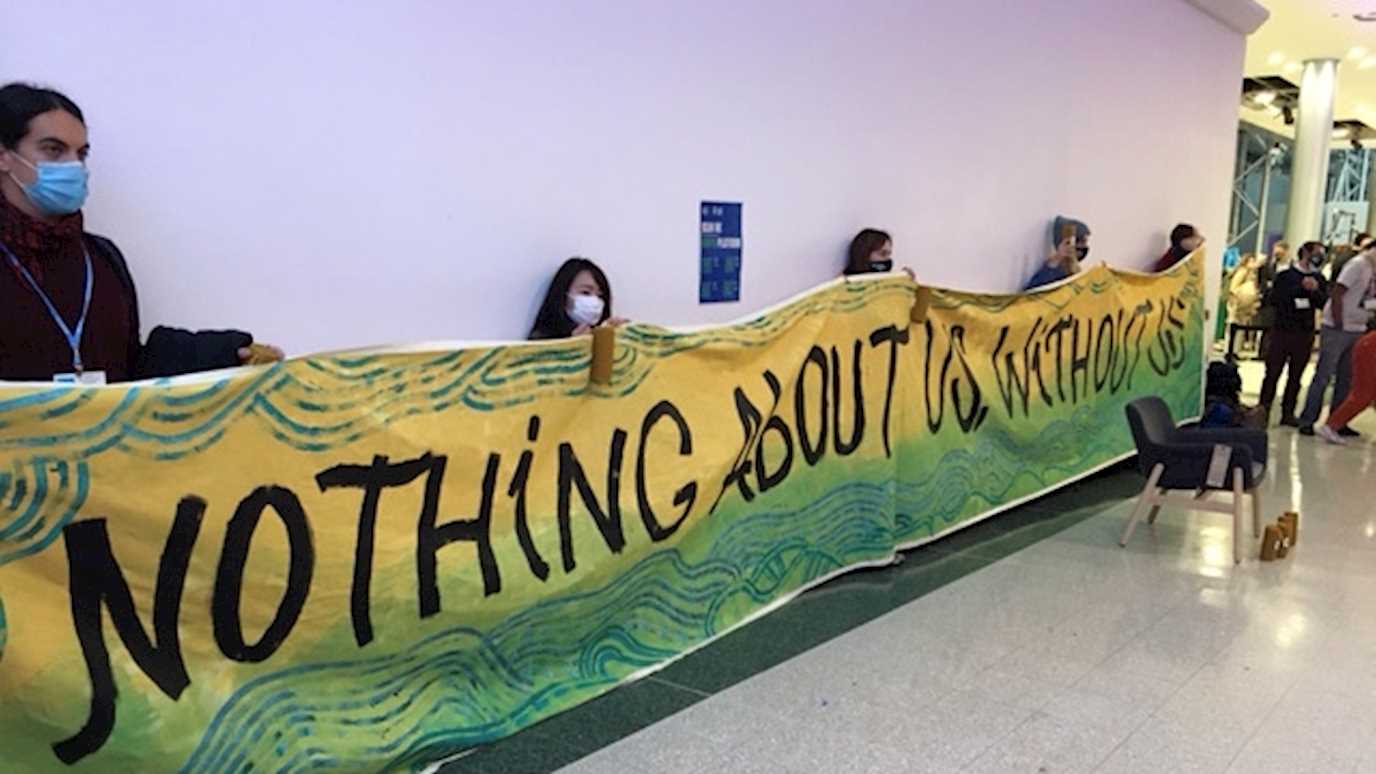
Royal Holloway now has observer status with the UN Framework Convention on Climate Change (UNFCCC), meaning we receive a quota of tickets to enable us to send a delegation to this and subsequent COPs. Ten of us from across the College have been attending and participating in various events and sessions over the two weeks. I was able to attend on Monday 8 and Tuesday 9 November – the first two days of Week 2.
The politics behind the talks
Week 2 began with a plenary stocktaking session on progress with the negotiations among the Parties (member states) during Week 1. Chaired by Alok Sharma MP, the COP President for the UK as hosts, it provided fascinating insights into the politics in play behind the scenes. Given constraints of time and resources, member states have, over time, formed negotiating blocs of varying size and coherence to pursue perceived common interests. In open plenary sessions such as this, each group selects one member to make prepared statements on its behalf. The same applies to the eight other groupings with UN observer status, which include Indigenous Peoples, Youth NGOs, Women and Gender, Environmental NGOs, Research and Independent NGOs (which includes universities), Business, Municipalities and Local Governments, and Trade Unions.
Image shows Alok Sharma MP, the COP President for the UK as hosts, chairing the plenary session that began Week 2.
Hence the often bland statements cloaked in UN diplomatic euphemisms, which nevertheless provide revealing insights if one understands these performative codes. Several speakers were unusually outspoken, reflecting media coverage during the first week and perhaps betraying some of the frustration felt at the longstanding stumbling blocks to the world getting on track to achieve a maximum 1.5°C trajectory. The G77 Plus China, LDCs (Least Developed Countries), Small Island Developing States, African Group and BRICS (Brazil, Russia, India, China and South Africa) all criticised the failure to upscale and make mandatory the Nationally Determined Contributions (NDCs), alongside the failure to commit to transparent reporting, and to make good on the US$100 billion to compensate for loss and damage and promote sustainable development, as promised under the Paris and Addis Ababa agreements.
Contrasting positions on representation
‘A COP without this can never be a successful COP!’ concluded the representative of Guinea on behalf of the G77 Plus China, while the Indian representative accused developed countries of hiding behind offsets to avoid making the substantive emissions reductions required. Various speakers also criticised the mixture of visa and COVID restrictions and other measures, as well as cost, that had combined to hinder participation by many NGO, civil society and indigenous community groups from around the world. The Peruvian representative proclaimed that ‘The time for action is now!’ on behalf of the Latin American and Caribbean group.
By stark contrast, Saudi Arabia, speaking for the Arab Group of countries, criticised the diversity of groups and interests now increasingly prominent at COPs, as well as the tendency in recent COPs to delay the closing ceremonies to accommodate extended negotiations. While reaffirming their commitment to the Paris Agreement, there was no hint of increasing NDCs or other levels of ambition. Indeed, the representative argued forcefully that the COP process ‘must remain Party-owned and Party-driven’.
Science and Gender Day
Tuesday 9 November was Science and Gender Day, so featured a range of relevant sessions and side events organised by the UK Presidency and other groups and alliances. Several focused on translating science into appropriate policy and practice, the launch of a large new Adaptation Research Alliance and other initiatives with UK and Canadian government funding. One observation – shared by several other prominent urban specialists at the summit – is that cities seem to be less prominent than in recent years as a distinct focus of sessions or a topic within composite sessions. How significant this turns out to be is not yet clear.
Image shows the speakers at a session on ‘Adaptation, Loss and Damage’ and translating science into appropriate policy and practice.
The voices not heard
Outside the formal sessions and numerous diverse side events and exhibitions, one of the dominant issues has also been the voices not in the Scottish Event Centre – indeed there was a vocal protest in the main walkway at lunchtime on Monday, which can be seen in the image at the top of this post, where the banner reads ‘Nothing About Us, Without Us’. Certainly, there are far fewer participants than in recent pre-COVID years, while the mask mandate inhibits conversations and even makes recognising people quite challenging.
Exacerbating the perceptions of ‘othering’ non-state and non-international agency actors has been the unfortunate geographical separation between the official Blue Zone and the civil society Green Zone, where the COP26 Universities’ Network (of which Royal Holloway is a member) exhibition space is located. Normally these are contiguous or adjacent in the venue complex but this time the Green Zone is located in the Science Centre across the Clyde. Together with the slow security clearance process and sometimes unhelpful weather, this has definitely reduced substantially the traffic between zones.
Will the talks prove to be only ‘blah, blah, blah’?
There is also widespread concern at the likelihood that the required levels of binding agreements will not be reached by the end of Friday. Whether it will all prove to have been only ‘blah, blah, blah’, in Greta Thunberg’s words, or what one might dub a climate COPalypse remains to be seen. Perhaps the most eloquent comment so far is one image on the noticeboard collation of COP26 cartoons gracing the main walkway, shown below.
Image shows a cartoon with a worried figure pointing to a graph where Pandemic, Climate and Conflict lines are all going up, and Economy down. The caption reads: ‘The disasters are collaborating better than we are!’
David Simon is Professor of Development Geography and Director for External Engagement in the School of Life Sciences and the Environment, Royal Holloway, University of London. He was also Director of Mistra Urban Futures, Gothenburg, Sweden from 2014–2019. A former Rhodes Scholar, he specialises in cities, climate change and sustainability, and the relationships between theory, policy and practice, on all of which he has published extensively. At Mistra Urban Futures, he led the pioneering methodological research on comparative transdisciplinary co-production. His extensive experience includes sub-Saharan Africa, South and Southeast Asia, the UK, Sweden and USA. He is currently serving as a Commissioner on the international Commission on Sustainable Agricultural Intensification (CoSAI), 2020-21. His most recent books as author, editor or co-editor are Rethinking Sustainable Cities: Accessible, green and fair (Policy Press, 2016), Urban Planet (Cambridge Univ Press, 2018), Holocaust Escapees and Global Development: Hidden histories (Zed Books, 2019), Key Thinkers on Development (2nd edition, Routledge, 2019), Comparative Urban Research from Theory to Practice: Co-production for sustainability (Policy Press, 2020), and Transdisciplinary Knowledge Co-production for Sustainable Cities: a Guide (Practical Action Publishing, 2021). He tweets at @UrbanDavidSimon.










